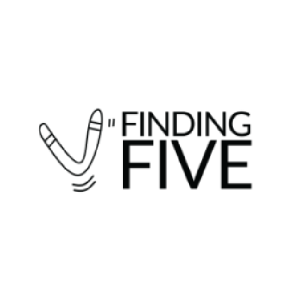CogSci Affinity & Discussion Groups
CogSci 2025 is pleased to offer the following Affinity & Discussion Group sessions as part of the conference program. Please scroll down to review the session. This year, the Groups are on-site only.
DISCUSSION GROUP: Trilingual Minds Cognitive Circle
ON-SITE
Date & Time: Wednesday, July 30 from 12:15pm – 1pm.
Organizers & Presenters:
Dr. Tariq Rafeeq Khan, Department of Philosophy, Islamic University of Science and Technology Awantipora
Dr. Zahid Maqbool, Department of Computer Science, Cluster University Srinagar
Prof. Mushtaq Ahmad Ganai, Iqbal Institute of Cultural and Philosophy, The University of Kashmir
Prof. Aejaz Mohammad Sheikh, Department of Linguitstics, University of Kashmir
Dr. Asharaf Ziya, Department of Kashmir, Jammu and Kashmir Higher Education Department
Prof. Priyavrat Shukla, Department of Philosophy, Rani Durgvati University Jabalpur
Dr. Amir Reyaz, Department of Philosophy, Aligradh Muslim University
Dr. Umer Habib, Department of Psychology, Jammu and Kashmir Higher Education Department
Dr. Hilal Ahmad, Department of Social Psyhcology, SKIMS Srinagar.
Format: Moderated Discussion
About:
The Trilingual Minds Cognitive Circle discussion group will focus on exploring how natural languages-specifically Kashmiri, Urdu, and Hindi-enhance cognitive reasoning and knowledge. The group will cover themes such as the role of multilingualism in shaping cognitive processes, the interplay between linguistic structures and reasoning capacities, and the cultural-cognitive interfaces unique to these languages. This topic is timely and of significant interest to the Cognitive Science community given the growing recognition of linguistic diversity as a lens to understand cognition. With globalized societies increasingly valuing multilingualism, understanding how languages like Kashmiri, Urdu, and Hindi, contribute to reasoning is both a scientific and societal imperative.
Thank you to our Sponsors and Exhibitors!
![]()
The Cognitive Science Society is pleased to announce the establishment of the CogSci Grove which aims to mobilise cognitive scientists to offset carbon emissions associated with their professional activities.






